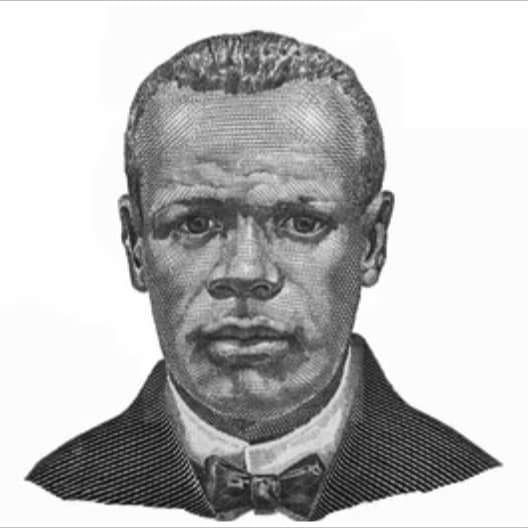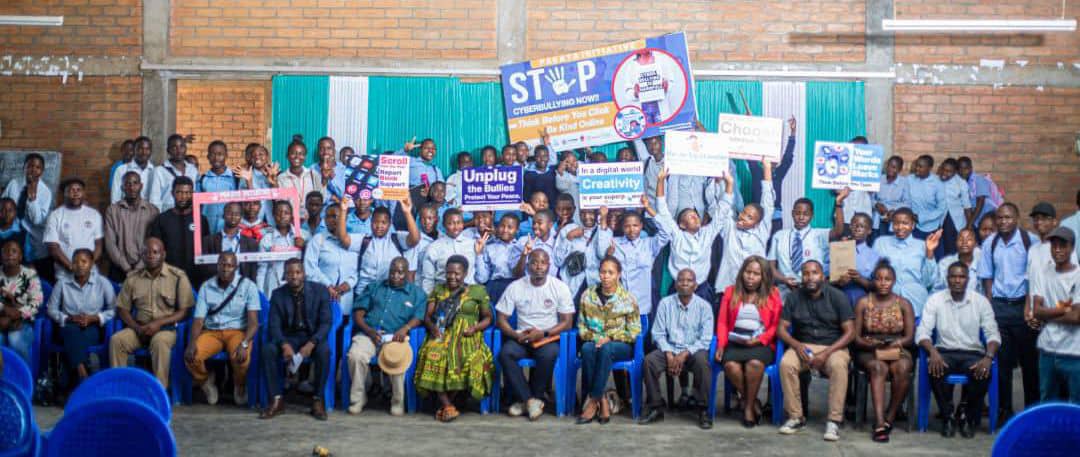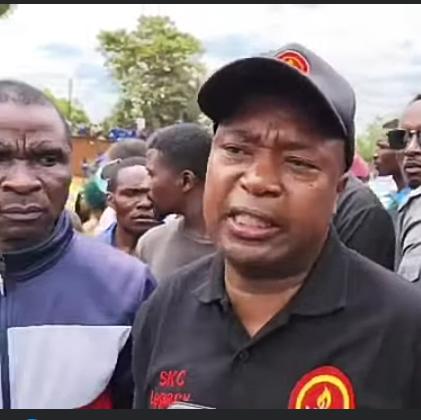By Twink Jones Gadama
Malawians are today commemorating the legacy of John chilembwe.
The commemoration of John Chilembwe Day on January 15 each year serves as a reminder of the struggle against colonial oppression in Malawi. John Chilembwe, a Baptist minister and nationalist, led a rebellion against British colonial rule in 1915, which has since been celebrated as a symbol of resistance and the quest for freedom. However, as we reflect on the significance of this day, it is essential to consider whether it remains relevant in contemporary Malawi or if it is time to reassess its importance in light of other historical figures who have also made significant sacrifices for the nation.
One of the primary arguments against the continued commemoration of John Chilembwe Day is the notion that it overshadows the contributions of other national heroes who fought for Malawi’s independence and social justice. While Chilembwe’s rebellion is undoubtedly a pivotal moment in the country’s history, it is crucial to recognize that many other individuals have also made sacrifices that deserve acknowledgment. For instance, figures like Chakufwa Chihana, who played a significant role in the fight against the oppressive regime of Kamuzu Banda, have not been afforded the same level of recognition. Chihana’s activism and his eventual imprisonment for opposing Banda’s dictatorship highlight the ongoing struggle for democracy and human rights in Malawi. By focusing solely on Chilembwe, we risk neglecting the broader narrative of resistance that encompasses various struggles throughout the nation’s history.
Moreover, the commemoration of John Chilembwe Day can be seen as a form of historical myopia. While it is essential to remember the past, it is equally important to contextualize it within the larger framework of Malawi’s ongoing challenges. The country continues to grapple with issues such as poverty, corruption, and political instability. By fixating on a single historical figure, we may inadvertently divert attention from the pressing issues that require collective action and remembrance of a broader spectrum of heroes. The sacrifices made by individuals like Chihana, who fought for democracy and social justice in a more recent context, are equally vital to understanding the complexities of Malawi’s political landscape.
Additionally, the celebration of John Chilembwe Day may perpetuate a narrative that is not entirely reflective of the diverse experiences and struggles of all Malawians. The colonial era was marked by various forms of resistance, and while Chilembwe’s rebellion is significant, it is essential to acknowledge that many other communities and individuals also resisted colonial rule in their unique ways. By focusing solely on Chilembwe, we risk marginalizing the contributions of other groups and individuals who played crucial roles in the fight for independence. This narrow focus can create a sense of exclusion among those who do not identify with Chilembwe’s narrative, ultimately undermining the unity that commemorative events are meant to foster.
Furthermore, the commemoration of John Chilembwe Day may inadvertently romanticize the idea of armed resistance as the primary means of achieving social change. While Chilembwe’s rebellion was a response to the injustices of colonial rule, it is essential to recognize that non-violent forms of resistance have also played a significant role in shaping Malawi’s history. The legacy of peaceful activism, as exemplified by figures like Chihana, demonstrates that change can be achieved through dialogue, advocacy, and civic engagement. By emphasizing armed rebellion, we may inadvertently glorify violence as a solution to social and political issues, which is not conducive to building a peaceful and democratic society.
In addition to these concerns, the continued commemoration of John Chilembwe Day may also lead to a sense of complacency among the populace. While it is essential to remember the sacrifices of the past, it is equally important to recognize that the struggle for justice and equality is ongoing. Commemorative events can sometimes create a false sense of closure, leading individuals to believe that the fight for freedom has been won. In reality, Malawi continues to face significant challenges, and the lessons of the past should serve as a catalyst for ongoing activism and engagement. By shifting the focus away from a single historical figure, we can encourage a more comprehensive understanding of the various struggles that have shaped the nation and inspire a renewed commitment to addressing contemporary issues.
Moreover, the financial resources allocated to the commemoration of John Chilembwe Day could be better utilized in addressing pressing social issues. In a country where poverty and inequality remain pervasive, investing in education, healthcare, and infrastructure would have a more tangible impact on the lives of Malawians. While commemorating historical figures is important, it should not come at the expense of addressing the immediate needs of the population. By redirecting resources towards initiatives that promote social welfare and economic development, we can honor the sacrifices of past heroes in a more meaningful way.
In conclusion, while John Chilembwe Day has historically served as a symbol of resistance against colonial oppression, it is essential to critically assess its relevance in contemporary Malawi. The commemoration of this day risks overshadowing the contributions of other national heroes, perpetuating a narrow narrative of resistance, and fostering complacency in the face of ongoing challenges. By recognizing the sacrifices of figures like Chakufwa Chihana and embracing a more inclusive understanding of Malawi’s history, we can honor the diverse struggles that have shaped the nation. Ultimately, the focus should shift towards addressing the pressing issues facing Malawians today, ensuring that the legacy of past heroes inspires a collective commitment to social justice and equality for all.




